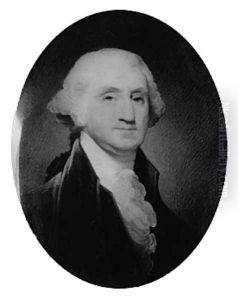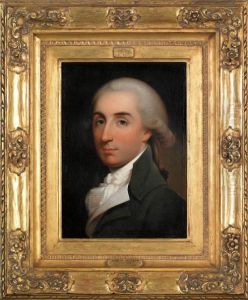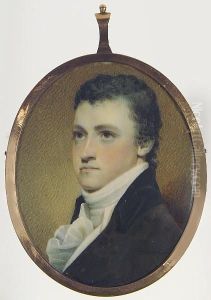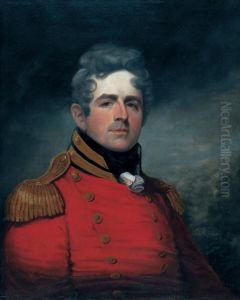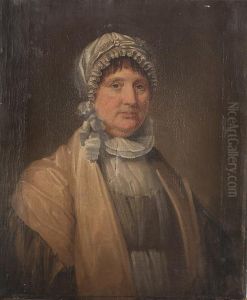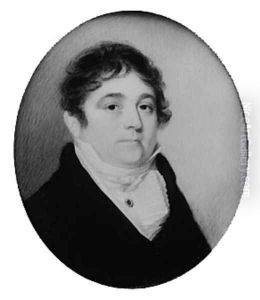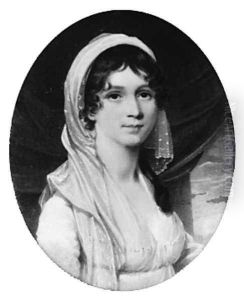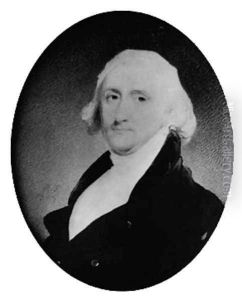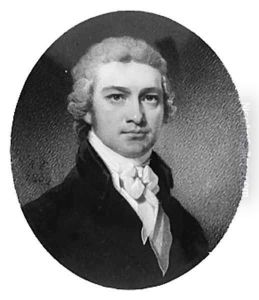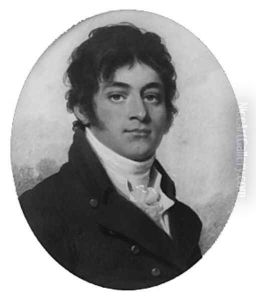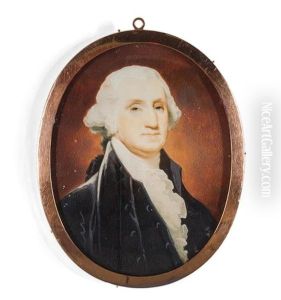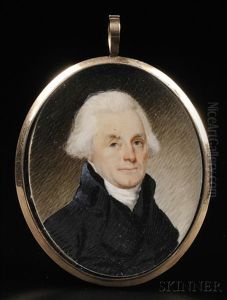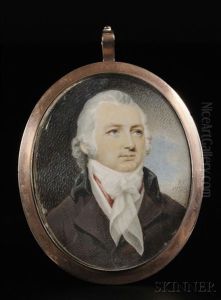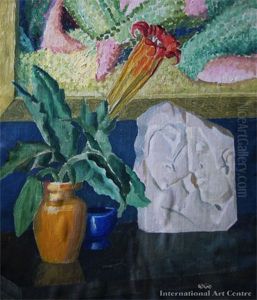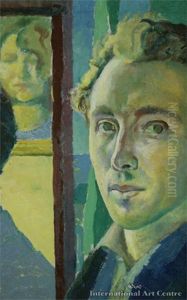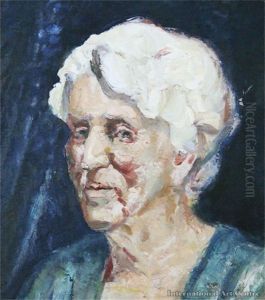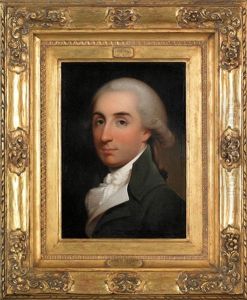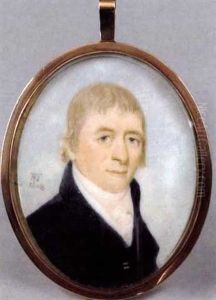Robert Field Paintings
Robert Field was a prominent painter of miniatures and portraits during the late 18th and early 19th centuries. Born in 1769 in London, England, Field developed an interest in art at an early age and pursued his passion through formal training. His early career in England laid the foundation for his technical skills and artistic sensibilities, but it was his move to North America that marked the beginning of his most productive period.
Field emigrated to the United States in the late 1790s, initially settling in New York before moving to Boston, and eventually making his way to Halifax, Nova Scotia, in 1808, as a result of the opportunities presented by the expatriate community and the British military presence there. His tenure in Halifax was particularly fruitful, as he became a sought-after artist among the city's elite and the British officers stationed there. Field's miniatures and portraits are noted for their delicacy, precision, and the insight they provide into the personalities of his subjects.
In 1816, Field left Halifax for Kingston, Jamaica, in search of new opportunities. Unfortunately, his career there was cut short by his untimely death in 1819. Despite his relatively brief career, Robert Field's work had a lasting impact on the art of portrait miniatures in North America. His paintings are characterized by their exquisite detail, vibrant colors, and the ability to capture the essence of his subjects. Today, Field's work is held in high esteem, and his pieces are part of collections in several prominent museums and galleries, reflecting his significant contribution to the art world.
